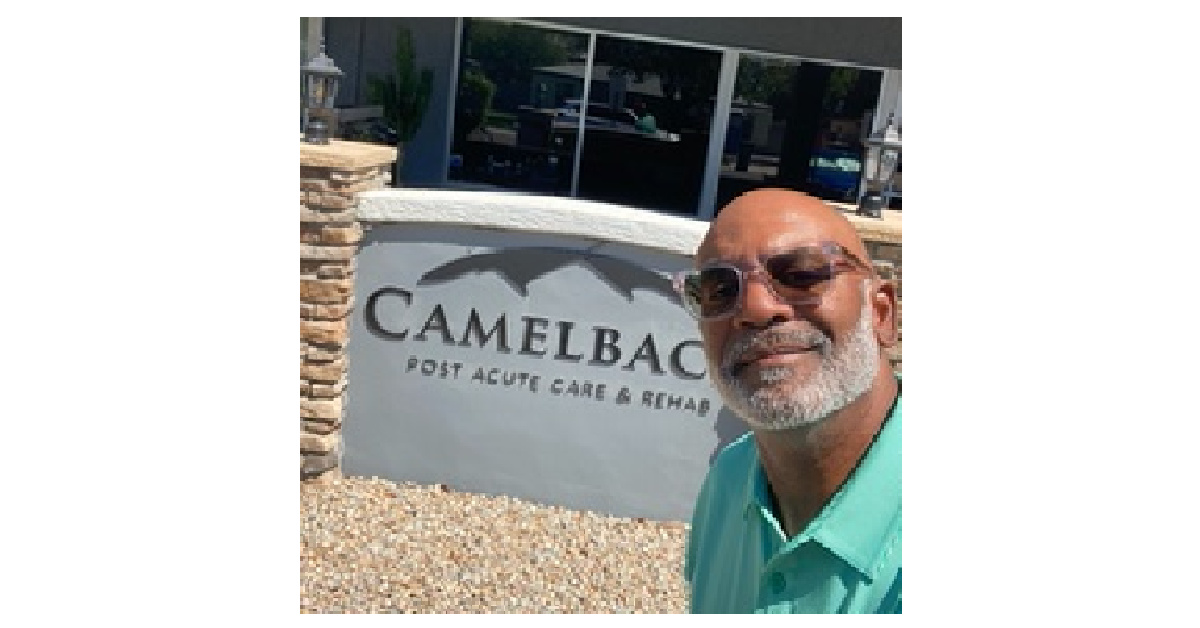Bringing up the idea of extra help to your senior might get you a surprisingly negative reaction from her. That doesn’t mean she doesn’t need help, of course, but it does mean that you need to approach the conversation about home care assistance carefully.
Let Your Senior Know You’re Concerned and Want to Help
A common issue for aging adults when it comes to the topic of help is often that they don’t want to burden the people that they love and they don’t want to upset anyone. So what happens is that they refuse offers of assistance and muddle through on their own, to varying degrees of success. What matters is that your senior understands that you genuinely want to help her, so share that with her in a way that only you can.
Be Clear that You’re Not Trying to Take Over
While you’re talking through all of this with your aging family member, you need to be very clear about the fact that you’re not trying to take over. Many aging adults experience assistance as a code word for losing independence and having no choices offered to them. That is not a healthy situation for your elderly family member to be in and it’s not a healthy way for you to be a family caregiver, either.
Talk about What Types of Help You’re Considering
It can be very helpful to talk with your senior about the types of help you’re considering and why. If she bristles at the idea of home care assistance, for example, she needs to understand how that type of care is going to be helpful for her and for you. Home care providers can handle a great many tasks that make your senior’s life easier and safer, which is your ultimate goal for her. Go over the ways that you’ve found this type of help can benefit her the most.
Make Options Available Instead of Ultimatums
If you tell your senior that home care assistance is coming in and she has no choice in the matter, that’s probably not going to go over well. Instead, offer options as much as you can. Make home care assistance a trial option, for example, with your senior having a say in whether she truly does find their help useful. Giving your elderly family member ultimatums may get her to agree with you, but at the cost of your relationship with her.
Don’t Be Afraid to Be a Bit Vulnerable
It can be so scary to be a family caregiver. Don’t be afraid to share that with your elderly family member. She may find it helpful to understand why you’re campaigning so hard for some extra help, for instance. And understanding that you need help and time away to handle other responsibilities can help her to see that home care assistance is truly something that makes everything better in the long run.
It isn’t easy to ask for help or even to accept it at times, and that’s definitely true for your senior. Don’t give up on the conversation if she’s still digging in her heels but try to understand where her feelings are originating so you can compromise.
If you or an aging loved one is considering home care assistance in Phoenix, AZ, please call the caring staff at Golden Heart Senior Care of Scottsdale at (480) 284-7360. We are here to help!



